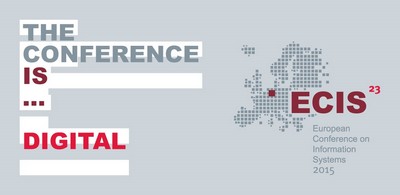DOI
10.18151/7217379
Abstract
As a potential explanation to measured inconsistencies between stated privacy concerns and actual disclosing behavior, denoted as the „privacy paradox“, scholars have proposed a systematic distinction between situational privacy considerations and pre-existing, superordinate factors that shape the decisive situation without being directly connected to the situation itself. Deploying an experimental approach, we explored the dynamics of two types of such pre-existing factors, namely (1) pre-existing attitudes (such as general privacy concerns and general institutional trust) and (2) pre-existing emotional states (such as an individual’s current mood) in shaping situation-specific risk and benefit considerations (i.e., a situational privacy calculus). Compared to a negative emotional state, individuals in a positive emotional state were found to perceive lowered situation-specific privacy risks, even if the sources of this state were unrelated to the decisive situation at hand. Moreover, results indicated that pre-existing attitudes may be partially or even fully overridden by situational risk and benefit considerations. Adopting a differentiated view on privacy decision-making, these findings imply that the privacy paradox could be driven by a gap between pre-existing cognitive and affective factors on the one side, and situation-specific considerations and decisions on the other. Implications for researchers and practitioners are discussed.
Recommended Citation
Kehr, Flavius; Wentzel, Daniel; Kowatsch, Tobias; and Fleisch, Elgar, "Rethinking Privacy Decisions: Pre-Existing Attitudes, Pre-Existing Emotional States, and a Situational Privacy Calculus" (2015). ECIS 2015 Completed Research Papers. Paper 95.
ISBN 978-3-00-050284-2
https://aisel.aisnet.org/ecis2015_cr/95


